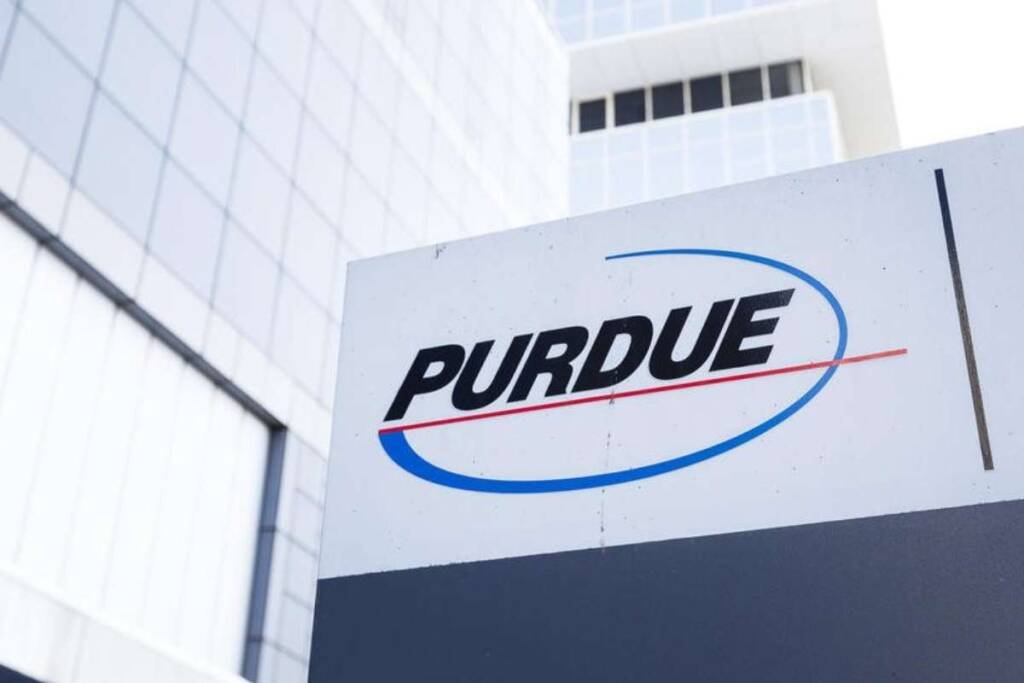The Supreme Court has put a halt to a massive bankruptcy settlement that would have shielded Purdue Pharma and the Sackler family from thousands of lawsuits over their role in the opioid epidemic. The court agreed to hear a challenge by the Biden administration, which argues that the settlement is unlawful and unfair to the victims of the opioid crisis.
The settlement, which was approved by a lower court in May, would have allowed Purdue Pharma to emerge from bankruptcy as a new company that would donate billions of dollars worth of opioid addiction treatment and prevention programs. The Sackler family, which owns Purdue Pharma, would have contributed $6 billion to the settlement and given up control of the company. In exchange, they would have received immunity from civil lawsuits filed by states, counties, cities, tribes, and individuals who accuse them of fueling the opioid crisis through deceptive marketing of OxyContin, a powerful painkiller.
The Justice Department, however, contends that the settlement violates the bankruptcy code and the constitutional rights of the claimants. The department says that a bankruptcy court cannot grant legal protection to third parties who are not debtors, such as the Sacklers, without their consent. The department also says that the settlement does not adequately compensate the victims of the opioid crisis, who have suffered enormous physical, emotional, and financial harm.
Purdue Pharma amassed a staggering $13 billion through the sale of its flagship painkiller, OxyContin, a product whose widespread use has been closely associated with fueling the opioid crisis in the United States. The company’s aggressive marketing strategies have been widely cited as a significant catalyst for the crisis, ultimately prompting its bankruptcy filing in 2019.
According to the Centers for Disease Control and Prevention, more than 500,000 people have died from opioid overdoses since 1999. About 135,000 individuals filed personal injury claims against Purdue Pharma before the deadline in July 2020. Many of them have faced difficulties in obtaining medical records and other evidence to prove their eligibility for compensation.
“We are confident in the legality of our nearly universally supported Plan of Reorganization, and optimistic that the Supreme Court will agree. Even so, we are disappointed that the US. Trustee, despite having no concrete interest in the outcome of this process, has been able to single-handedly delay billions of dollars in value that should be put to use for victim compensation, opioid crisis abatement for communities across the country, and overdose rescue medicines.”
– Purdue Pharma
In tandem with Purdue’s legal turmoil, other industry players also faced litigations stemming from their roles in exacerbating the crisis. Last year, Johnson & Johnson, along with distributors AmerisourceBergen, Cardinal Health, and McKesson, arrived at a substantial $26 billion settlement with various state entities and counties.
Recently, a New Jersey judge, Michael Kaplan, dealt a blow to J&J’s bankruptcy settlement endeavors by asserting that a company must convincingly demonstrate its financial distress in order to warrant such recourse.
“Observing smoke may not be enough—one must see flames. The court smells smoke, but does not see the fire.”
– Michael Kapla, New Jersey judge
The Supreme Court’s decision to block the settlement is a temporary measure until it hears oral arguments in December. The court could uphold or overturn the lower court’s approval of the settlement, or send it back for further review. The outcome of the case could have significant implications for other companies facing lawsuits over their involvement in the opioid crisis, such as Johnson & Johnson and several drug distributors.





























